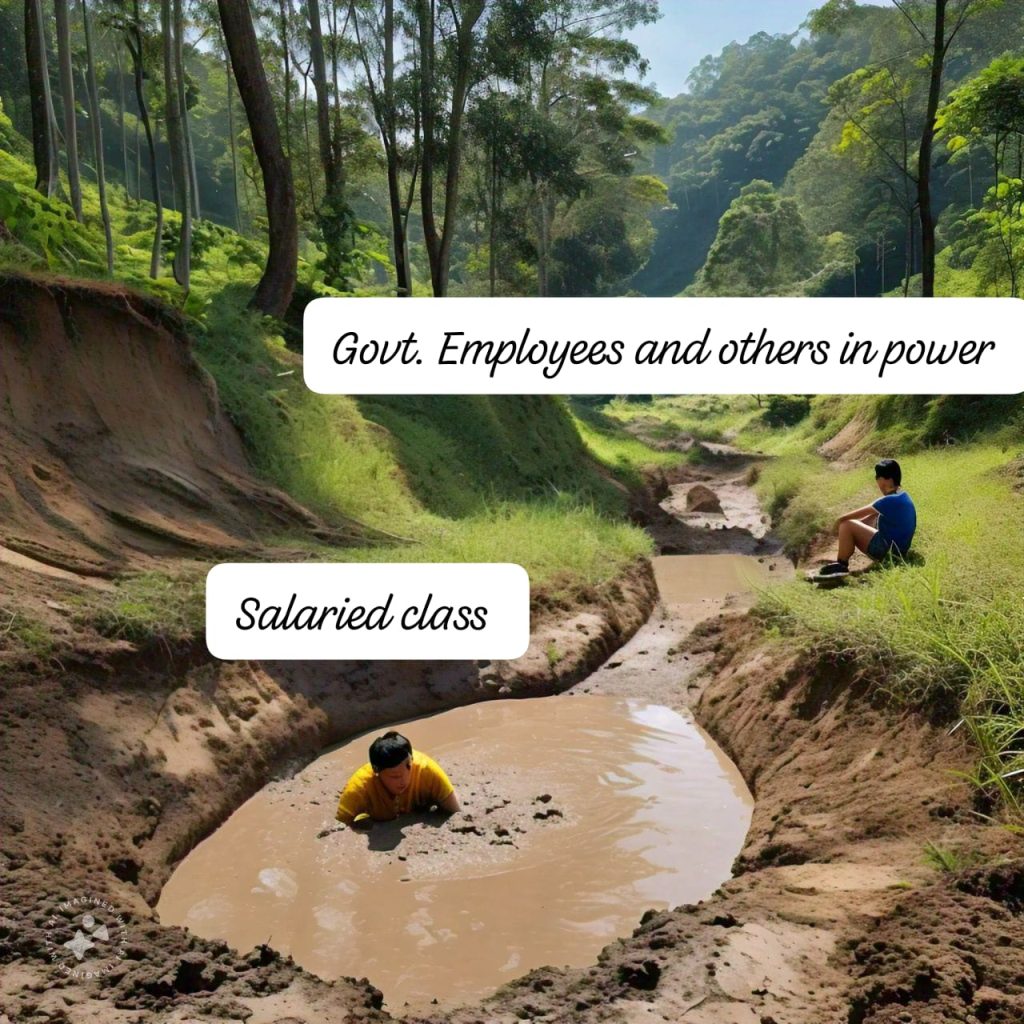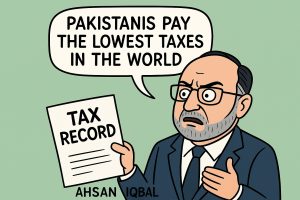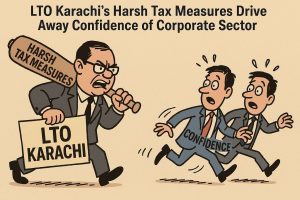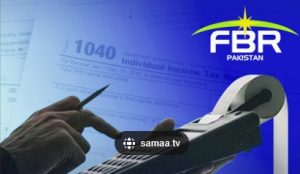Addressing the Tax Burden Disparity: Urgent Need for Comprehensive Tax Reform in Pakistan
Author July 11, 2024
For the fiscal year 2024-25, the Federal Board of Revenue (FBR) of
Pakistan has set an ambitious tax collection target of Rs 12,970 billion,
marking a significant increase from the Rs 9,200 billion target for 2023-24,
which is approximately a 40% hike. However, the government appears to aim to
collect this substantial amount primarily from the already documented sectors,
including the salaried class.
In its 2015 report, the Tax Reform Commission (TRC) highlighted that out
of the 21 LTUs/RTOs in the country, only six collected more tax through
assessments than their operational and salary costs. This indicates that the
cost of running and operating 15 tax offices exceeds the tax collected by these
offices.
FBR officers, often working from their air-conditioned offices, have
become overly reliant on withholding taxes to meet collection targets. They
show little interest in bringing the undocumented sector into the tax net.
Despite achieving overall tax collection targets, these are primarily met by
squeezing those already within the tax net, without adequate efforts to tax new
entrants.
The FBR’s Performance Report reveals that Income Tax Active Taxpayers
are 4.5 million out of 12 million total registered taxpayers under the Income
Tax Ordinance, 2001. FBR field offices have failed to take any action against
7.5 million non-active taxpayers and force them to file Income Tax Return 2023.
Out of the 3,200,000 targeted registrations under the Tajir Dost scheme,
only 30,400 retailers have been registered so far, which is just 0.95%. Instead
of asking the FBR to ensure the achievement of this target for fair tax
collection, the government has increased the income tax on salaried class and
exporters to fill the gap in tax collection.
The recent budget announced by Finance Minister Muhammad Aurangzeb has
further burdened the salaried class and other taxpayers. Notably, the tax rate
on Travel Monetization Allowance for grade 20-22 officers has remained at 5%,
while the salaried class is denied even basic allowances for bus or motorcycle
expenses. Additionally, several perquisites and benefits received by Supreme
Court and High Court judges remain exempt from tax, including:
- Use of an official car
maintained at government expense
- Services of a driver
and an orderly
- 1,000 free local
telephone calls per month
- 1,000 units of
electricity, 25 hm3 of gas, and free water supply per month
- 200 liters of petrol
per month
- Free of rent
residential premises
These exemptions are in addition to numerous other benefits received
after retirement.
The disparity in the tax burden, as highlighted by the TRC and evident
in the latest budget, underscores the urgent need for comprehensive tax reform.
The overreliance on withholding taxes and the exemption of significant
perquisites for certain groups perpetuates inequality. A fair tax system should
broaden the tax base, bringing the undocumented sector into the net, rather
than squeezing the already compliant sectors. Addressing these structural
issues is crucial for achieving sustainable and equitable economic growth in
Pakistan.







